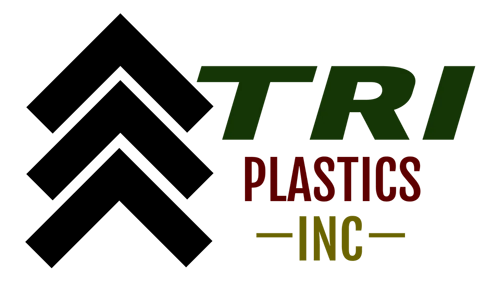About Our Polyurethane Plastics Company
Our Design
We can help create or use a customer's design to produce an affordable, high quality, and in-time product for our customers. Our experienced staff will do whatever it takes to complete the task with the highest degree of efficiency and render an excellent finished product. We pride ourselves on high quality and completing jobs in the allotted time.
Rigid Polyurethane Foam
Polyurethane (PUR and PU) is a polymer composed of a chain of organic units joined by carbamate (urethane) links. While most polyurethanes are thermosetting polymers that do not melt when heated, thermoplastic polyurethanes are also available.
Polyurethane polymers are traditionally and most commonly formed by reacting a di- or polyisocyanate with a polyol. On average, the isocyanates and polyols used to make polyurethanes contain two or more functional groups per molecule.
Polyurethanes are produced by mixing two or more liquid streams. The polyol stream contains catalysts, surfactants, blowing agents, etc. The two components are called a polyurethane system or simply a system. The isocyanate is commonly referred to in North America as the 'A-side' or just the 'iso.' The blend of polyols and other additives is widely referred to as the 'B-side' or as the 'poly.' This mixture might also be called a 'resin' or 'resin blend.'
Fully reacted polyurethane polymer is chemically inert.[30] No exposure limits have been established in the U.S. by OSHA (Occupational Safety and Health Administration) or ACGIH (American Conference of Governmental Industrial Hygienists).
